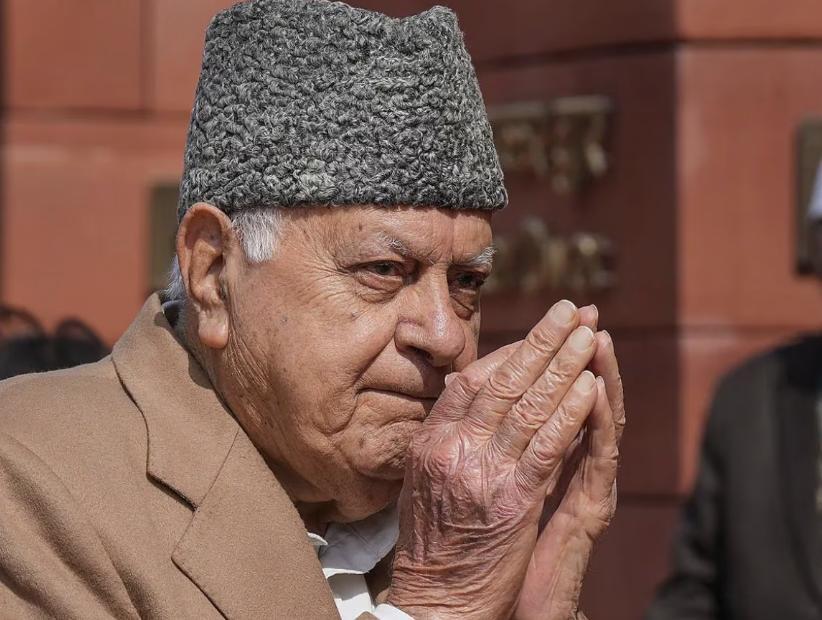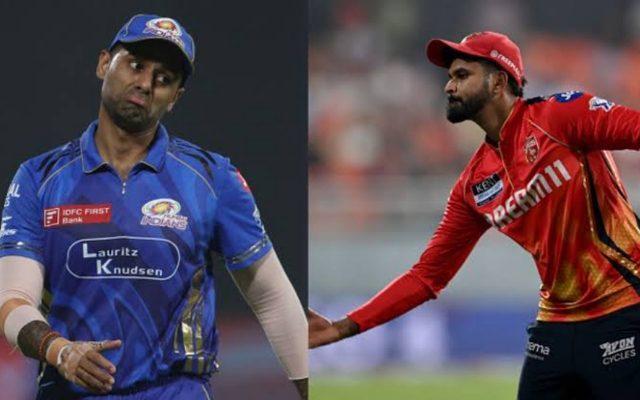
Ex-R&AW chief Dulat claims Farooq privately backed Article 370 abrogation, he denies
The abrogation of Article 370, which granted special status to Jammu and Kashmir, has been a contentious topic in India for years. The move, which was taken by the central government in August 2019, was met with widespread protests and opposition from various quarters, including the National Conference (NC), a political party led by Farooq Abdullah, who was the Chief Minister of Jammu and Kashmir at the time.
In a new book titled “The Chief Minister and the Spy”, former Research and Analysis Wing (R&AW) chief AS Dulat has made a startling claim that Farooq Abdullah privately backed the abrogation of Article 370. According to Dulat, Abdullah’s NC suggested that the move would have helped in passing the Bill in Parliament.
However, Farooq Abdullah has denied the claim, calling it a “figment of imagination of the author who claims to be my friend”. In an interview with a leading newspaper, Abdullah said that he had always been opposed to the abrogation of Article 370 and had been vocal about his opposition in the past.
The claim made by Dulat in his book has sparked a heated debate in the political circles, with many questioning the motives behind the move. While Dulat’s book is yet to be released, excerpts from the book have been doing the rounds, and the claim has been widely reported in the media.
For those who may not be aware, Article 370 was a constitutional provision that granted special status to Jammu and Kashmir, which was a disputed territory between India and Pakistan. The provision was inserted into the Indian Constitution in 1954, and it gave the state a significant degree of autonomy. However, the provision had also created tensions between India and Pakistan, with the latter claiming that the provision was a violation of the UN resolutions that called for a plebiscite in the disputed territory.
Over the years, there have been several attempts by the central government to dilute the provision, but all of them had been met with stiff opposition from the state government and the people of Jammu and Kashmir. However, in August 2019, the central government, led by Prime Minister Narendra Modi, suddenly scrapped the provision, and the state was divided into two union territories – Jammu and Kashmir, and Ladakh.
The move was widely seen as a majoritarian decision, and it was met with widespread protests and opposition from various quarters. The National Conference, led by Farooq Abdullah, was one of the main opposition parties that had opposed the move.
In his book, Dulat claims that Abdullah’s NC had suggested that the abrogation of Article 370 would have helped in passing the Bill in Parliament. According to Dulat, the suggestion was made by Abdullah’s party in a meeting with him in 2019, just before the Bill was introduced in Parliament.
However, Abdullah has denied the claim, saying that it was a “figment of imagination” of the author. In an interview with a leading newspaper, Abdullah said that he had always been opposed to the abrogation of Article 370 and had been vocal about his opposition in the past.
“I have always been opposed to the abrogation of Article 370. I have always said that it was a mistake to do so. I have always been clear in my opposition to it,” Abdullah said.
Abdullah also questioned the motives behind the claim, saying that it was an attempt to undermine his credibility and that of his party. “What is the purpose of making such a claim? Is it to undermine my credibility? Is it to undermine the credibility of my party? I don’t know,” he said.
The claim made by Dulat has sparked a heated debate in the political circles, with many questioning the motives behind the move. While Dulat’s book is yet to be released, the claim has been widely reported in the media, and it is likely to continue to be a topic of discussion in the coming days.
In conclusion, the claim made by Dulat in his book that Farooq Abdullah privately backed the abrogation of Article 370 has sparked a heated debate in the political circles. While Dulat’s claim has been widely reported, Abdullah has denied the claim, saying that it was a “figment of imagination” of the author. The debate is likely to continue in the coming days, and it remains to be seen how it will impact the political landscape in Jammu and Kashmir.
Source: https://repository.inshorts.com/articles/en/PTI/5880e3bf-0a05-40d6-887a-465b5c760b3a






